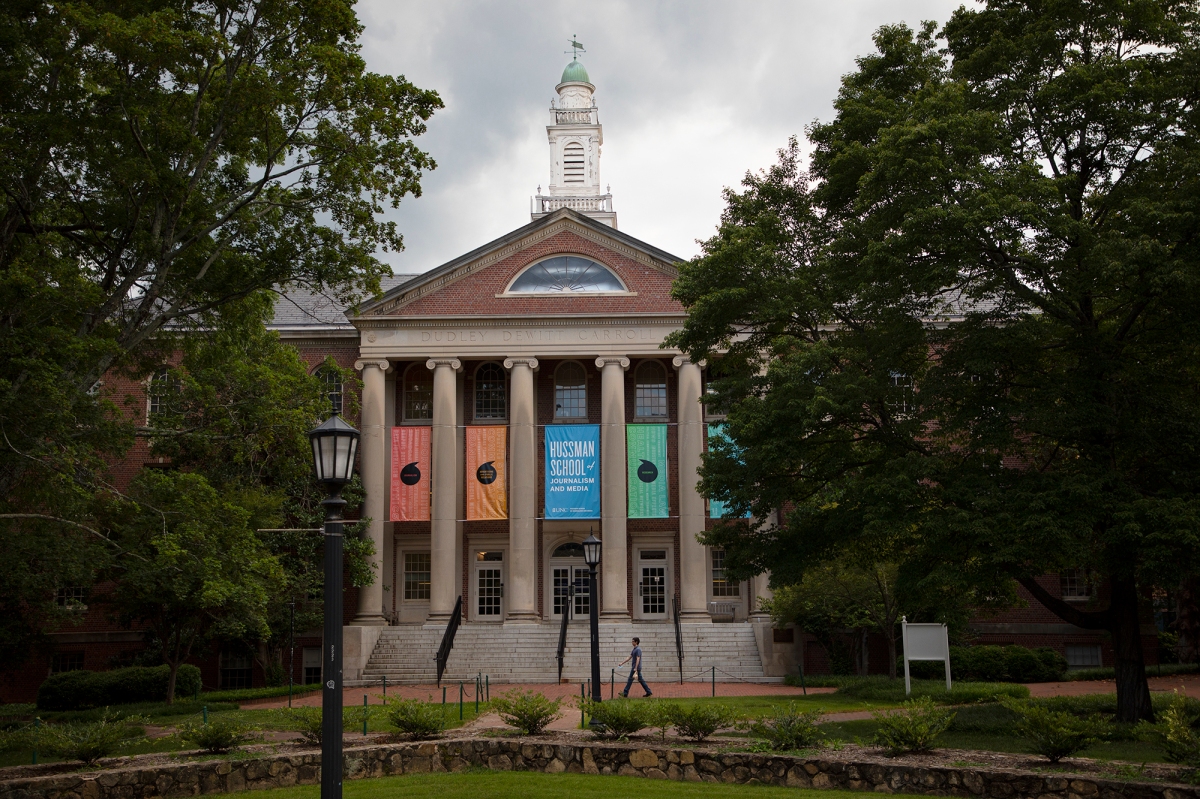While drafting the Bill of Rights in 1791, James Madison knew the founders needed to protect citizens from government overreach so frequently seen under British rule. Time and time again, the British government attempted to control colonial dissent by censoring critical commentary. Publishing such information was considered treason and violators were subject to swift and fierce punishment.
Freedom of the press, called “one of the great bulwarks of liberty” by the Founding Fathers, was included in the First Amendment of the Constitution in order to prevent such actions in the newly formed democracy.
“Congress shall make no law respecting an establishment of religion, or prohibiting the free exercise thereof; or abridging the freedom of speech, or of the press; or the right of the people peaceably to assemble, and to petition the Government for a redress of grievances.”
In the case of freedom of the press, this guarantees that citizens can print and circulate news without fear of government reprisal. This right is so foundational to the United States’ Constitution, that many take it for granted. A vast number of people around the world, though, are not afforded this luxury — they receive news from state-controlled media, have restrictions on internet access, and face violence, imprisonment, or harassment for the dissemination of critical information.
Almost 230 years after the adoption of the First Amendment, it is still a point of pride for U.S. journalists — and central to the UNC Hussman School of Journalism and Media.
“The faculty, students, and staff, they constitute the heart of the school,” says former dean, Richard Cole. “But the soul of the school you could encapsulate in three words: The First Amendment.”
Using this as a bedrock, the school trains the next generation of journalists and media professionals to accurately and ethically inform the public through innovative storytelling.
“There’s one recurring theme throughout the history of journalism at Carolina,” says Tom Bowers, author of “Making News: One Hundred Years of Journalism and Mass Communications at Carolina” and professor emeritus at the school. “That’s being responsive to the needs of the students, the university, the state, and society at large.”
